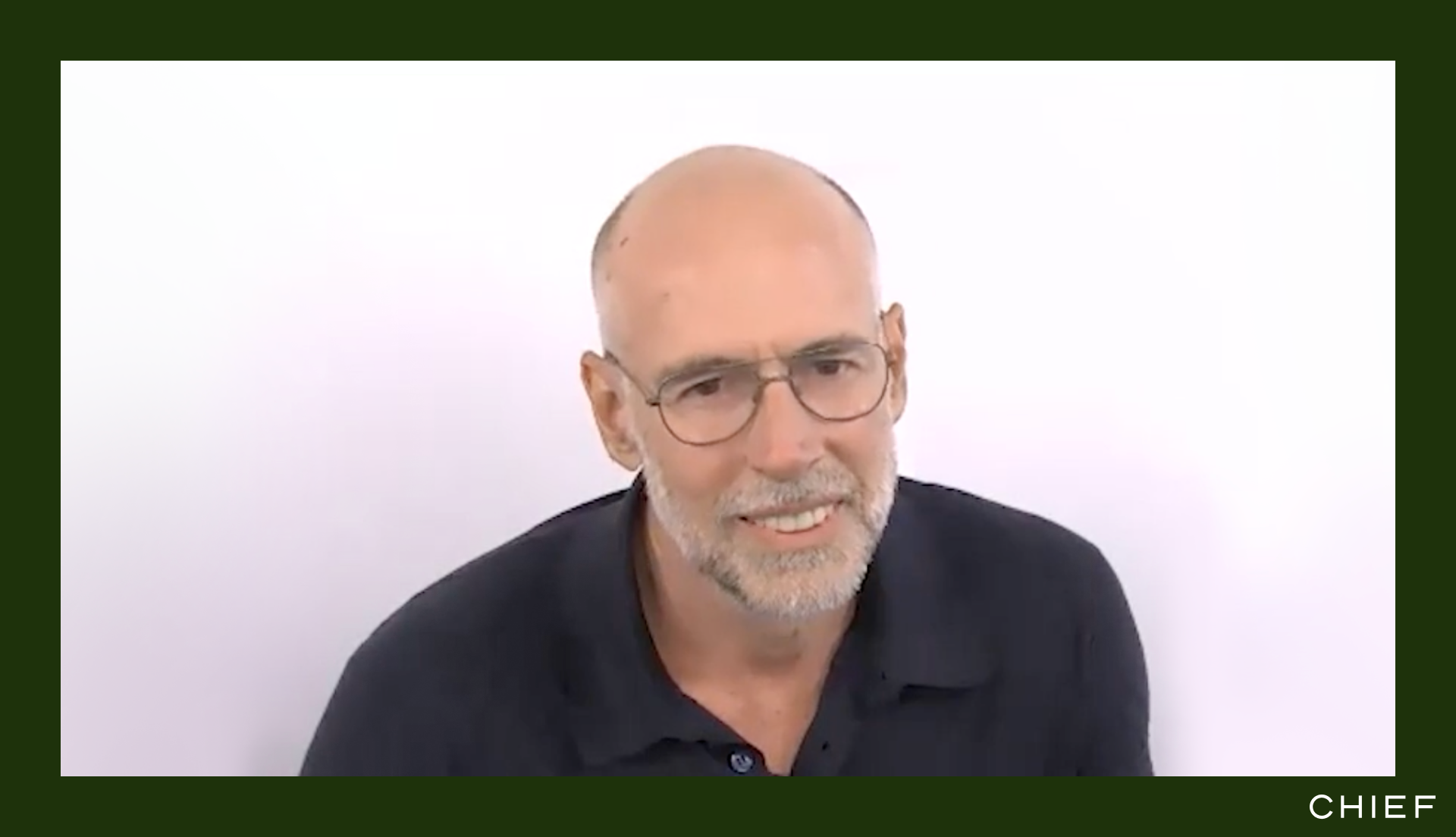When NYU Professor Scott Galloway speaks, millions listen. That's why The New York Times bestselling author, nine-time entrepreneur, and co-host of the podcast "Pivot" joined Chief Co-Founder Lindsay Kaplan for a wide-reaching conversation about the ugly side of meritocracy, the lessons to retain from the pandemic, and the most influential woman in his life. (Hint: It’s his mom.) Read on for Galloway’s wisdom on how to get ahead of the curve, as well as sage advice on how to show up as a better leader, board member, and member of your community.
On the Great Dispersion
Citing globalization and digitization as two major economic shifts we’ve already witnessed, Galloway said, "I think we're on the precipice or in the middle of the third, and it's what I call dispersion — a fancy word for decentralization or changing the supply chain."
From virtual doctor visits, to online courses allowing a higher capacity of students, and big screen releases going straight to streaming services, Galloway identified healthcare, education, finance, media, and office industrial complex as the next big sectors ripe for dispersion. Referring to it as the "silver lining" of the pandemic, Galloway said the reshaping of $10 to $15 trillion dollars worth of supply chains may "unlock millions, if not billions of hours for people to free up for self-care, time with family, or opportunities to make more money."
Like it or not, "the Great Dispersion is upon us." To apply the principle to your own industry, Galloway suggested thinking through the supply chain and ask, "How could the supply chain reconfigure such that the creator gets more margin and more value, and the end consumer gets to absorb or register the benefits of the product with less friction and with less costs?"
On Your Role as a Board Member
Galloway doesn’t have a "secret sauce" for helping someone get on their first board, as "a lot of it comes down to your own achievement, your own contacts, expressing interest, going on boards of nonprofits, and developing a clear domain expertise in this day and age probably around digital and supply chain."
Once you do find yourself on a board, however, Galloway said, "I love the word fiduciary — that you are there to advocate for and represent another party. Once they pay you your options and your board fees, your job is then to focus on representing another stakeholder. It’s really a wonderful construct, this notion of being a fiduciary for someone else." Of his own fiduciary evolution, he explained that he started out aiming to represent stakeholders at first, followed by C-Suite management, but now he considers himself a fiduciary for frontline workers. "I think it's important to say right up front: Who are you a fiduciary for? And what I would argue is there are a lot of fiduciaries for shareholders and boardrooms right now" — and not enough for staff. "I think a huge component of diversity and inclusion across America is to have a board that looks, smells, and feels more like their customer base and more like America."
On the Biggest Business Management Lesson to Learn from the Pandemic
"Take the three most important trends in your company, whether it's a move to digital or a move to cloud-based services or the war for talent," he said. "What are the three defining features or trends in your sector and your business? Look at the slope of that business and then take it out 10 years and ask yourself, 'Are we here right now? And if so, what would that mean in terms of capital allocation, hiring, and the skills we have?' I think the enduring feature of the novel coronavirus will be that it will be seen as an accelerant more than a change agent," Galloway opined. "Not a lot has changed. It's just accelerated dramatically."

